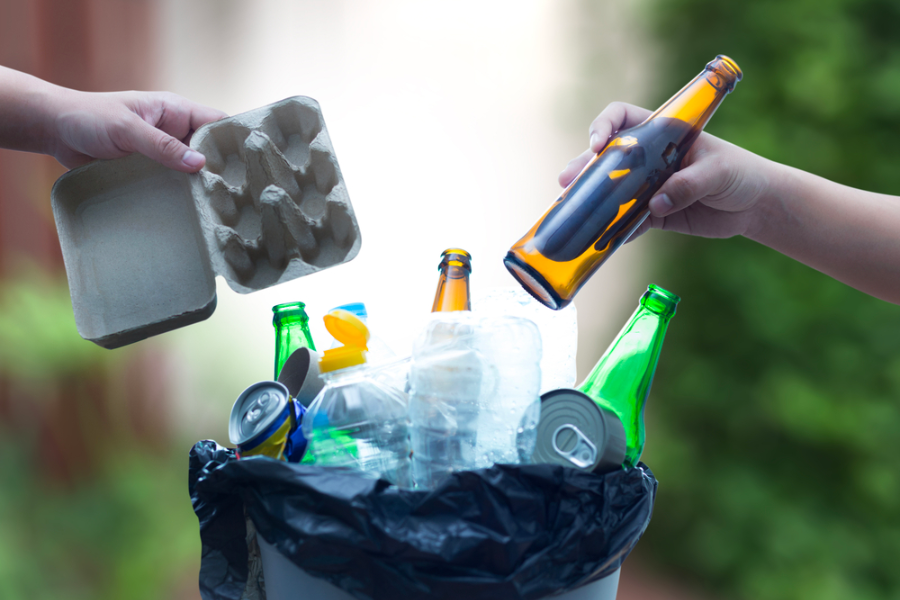Sunny ESF
We are pleased to welcome The Center for Sustainable Materials Management at the State University of New York College of Environmental Science and Forestry as an advisory member of NERC
Located near the campus of Syracuse University in central New York state, NERC’s new Advisory Member is engaged in training the next generation of sustainability experts. SUNY College of Environmental Science and Forestry (ESF) is home to approximately 2,000 graduate and undergraduate students who are focused on the study of the environment, developing renewable technologies, and building a sustainable future.
The New York State Center for Sustainable Materials Management (Center) was established at ESF in the spring of 2020 through a NYS Environmental Protection Fund (EPF) grant administered by the NYS Department of Environmental Conservation (DEC). The Center places ESF, DEC, and their partners in a leadership role regarding materials (waste) reduction, reuse, and recycling in New York and the US. The mission of the Center is to inspire, lead, and connect a diverse group of people and organizations that will collectively challenge the concept of “waste,” through redefining and reimagining how we procure, produce, consume, manage, and market materials.
The Center’s success is rooted in ESF’s mission to educate future environmental leaders of all backgrounds, advance knowledge, and skills necessary to promote scholarship and stewardship of the natural to designed environments, and act both locally and globally to improve our world. According to ESF’s Office of Sustainability, “Transforming and maintaining a culture of operational sustainability on campus requires commitment from all members of the community.” Therefore, students and staff are offered numerous opportunities to contribute to sustainability. Student employees, for example, “serve as peer educators, tend to the campus garden, develop and implement engagement programs, compile and analyze data, perform research and assist with a variety of sustainability-related certification programs.” In addition, faculty and staff are encouraged to integrate sustainability into their teaching, research and actions.
Examples of sustainability focused policies at ESF include a Green Purchasing and Break Free From Plastic Policy, which led to the publication of a Green Purchasing Guide. A Sustainable Facilities Maintenance & Renovation Policy is supported by the provision of diversion logs and information on local construction and demolition recycling. As a state agency, ESF must maintain compliance with a number of sustainability focused SUNY and New York State policies.
NERC welcomes ESF to its small but growing roster of education institutions that are Advisory Members. It is an honor to have a hand in the development of our next generation of sustainability experts, and look forward to a mutually beneficial learning experience.
For more information about the Center for Sustainable Materials Management click
here
Share Post





